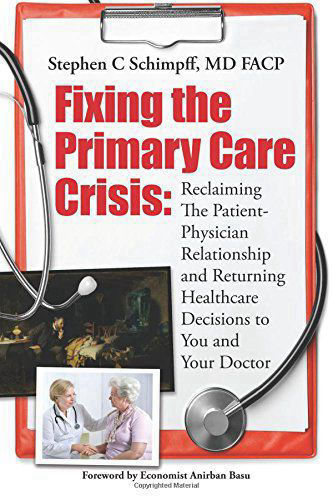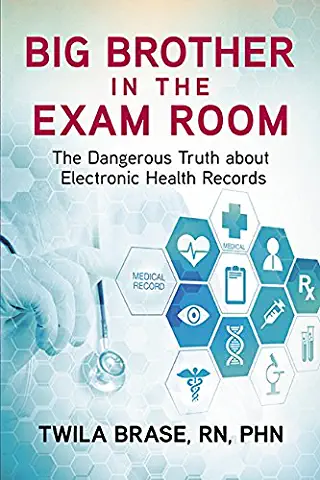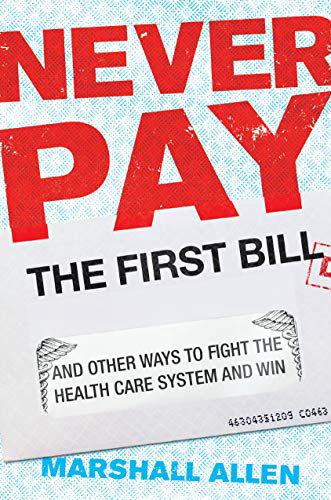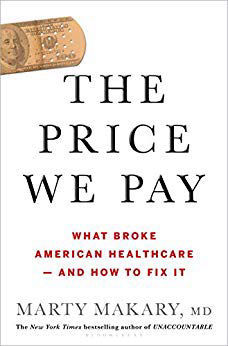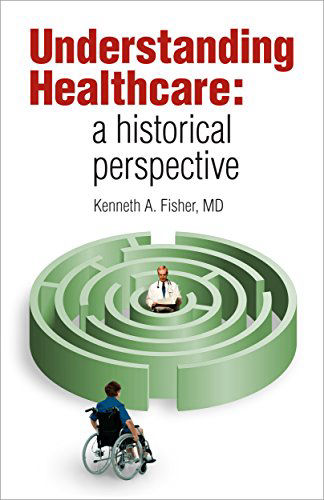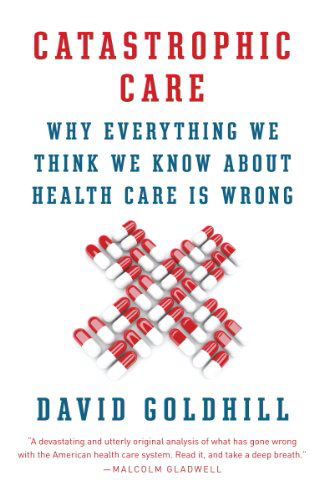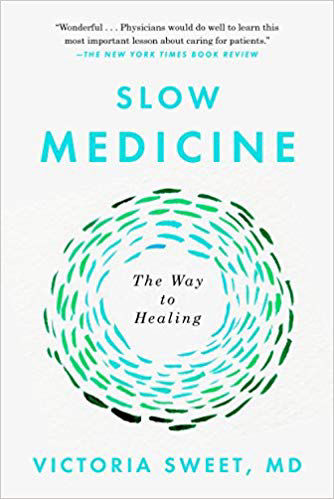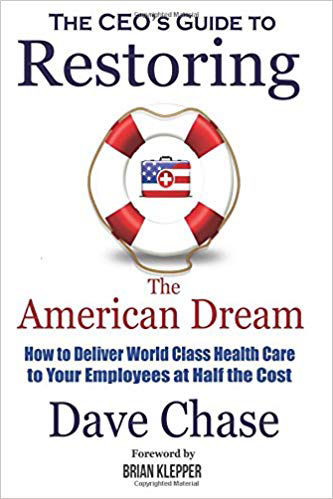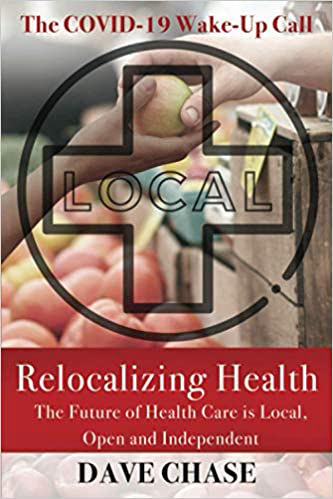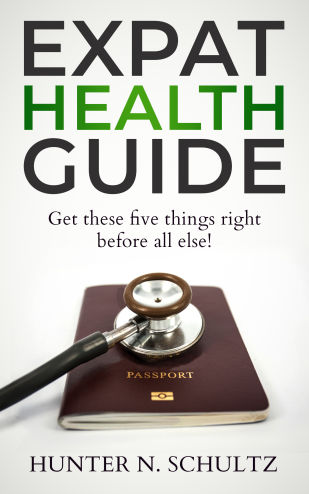Worthwhile Reading!
A great starting point!
In this deeply researched yet controversial book, Stephen C. Schimpff, MD explains why our healthcare delivery system serves us so poorly and costs so much, and why government and insurer policy has not only failed to improve care delivery but has actually made it worse. Primary care physicians have been forced into a non-sustainable business model that drives them to schedule an unreasonable number of patient visits per day. Too many visits means not enough time per patient, forcing those physicians to instead refer a patient to a specialist, order a test, or write a prescription when more time would have resulted in better care at much less cost.
Kindle Unlimited Eligible!
Inspiring and revealing
Dr. Connie Mariano served 9 years at the White House under Presidents George H.W. Bush, William J. Clinton, and George W. Bush. She participated in world headline-making news events and traveled all over the world.
She cared for visiting dignitaries and was charged with caring for all the members of the First Family. From flirting with King Juan Carlos of Spain to spending the night on the Queen of England's yacht, Dr. Mariano glimpsed a glittering and powerful celebrity that few ever see.
Start sooner rather than later
You can live a long and healthy life. There is no magic pill or Fountain of Youth, but you can achieve it with simple lifestyle modifications:
1. Eating the right foods
2. Getting the right exercise
3. Reducing and managing stress
4. Improving the quality of sleep
5. Eliminating tobacco
6. Remaining intellectually engaged
7. Staying involved socially
The advice in Longevity Decoded works—because it puts you in charge of shaping your future. Everyone wants to live a long and healthy life— Longevity Decoded is your roadmap.
